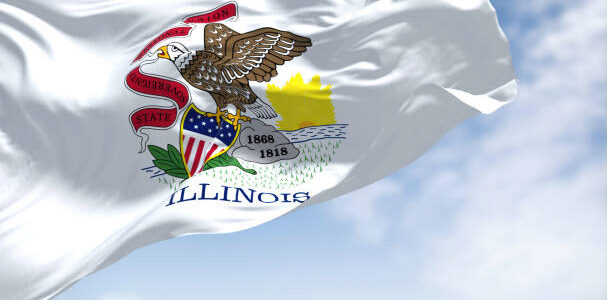BlogLine
Illinois statute of limitations bars Plaintiffs’ legal malpractice and breach of fiduciary duty claims
1/30/25

By: Donald Patrick Eckler and Jessica K. Sterna
What is sufficient knowledge of an injury to trigger the statute of limitations where the plaintiff alleges the defendant lawyer had a duty to disclose fraud?
This issue was presented to and answered by the Illinois Appellate Court in Neubauer v. Piercy, 2025 IL App (2d) 240357-U. Plaintiffs sued the Defendant lawyer and his firm for legal malpractice and breach of fiduciary duty for failing to disclose knowledge of the fraudulent nature of the fund into which the Plaintiffs invested $1.5 million. The fraudfeasor was the Defendant lawyer’s son, whom the Defendant lawyer also represented. Defendants failed to inform Plaintiffs of the fraudulent activities. Plaintiffs eventually filed suit, but the complaint was dismissed as barred by the statute of limitations.
Before the trial court, the Defendants argued the claim was time-barred under the two-year statute of limitations (735 ILCS 5/13-214.3(b)), asserting Plaintiffs knew they were injured and that the injury was wrongfully caused more than two years before they filed suit. The basis for the Plaintiffs’ knowledge was consistent incorrect bookkeeping, including multiple statements with the same account value for their investment, sending $250,000 to the Plaintiffs when they only requested $30,000 for quarterly tax liabilities, and failure to provide $500,000 as requested. The Plaintiffs requested the $500,000 because the Plaintiffs hoped to get some of their money back so that they did not lose it all. At his deposition, one of the plaintiffs described the fund as a “scam” and “charade.” All of this occurred more than 2 years before the suit was filed against the Defendants. The plaintiff instead calculated the commencement of the statute of limitations from when they received a grand jury subpoena.
Plaintiffs countered the Defendants were equitably estopped because they concealed the facts known to them about the fraud. The trial court rejected this argument and granted Defendants’ motion for summary judgment.
On appeal, the court focused on the definition of “knowledge” in the statute. The statute provides: “[a]n action for damages based on tort, contract, or otherwise (i) against an attorney arising out of an act or omission in the performance of professional services or (ii) against a non-attorney employee arising out of an act or omission in the course of his or her employment by an attorney to assist the attorney in performing professional services must be commenced within 2 years from the time the person bringing the action knew or reasonably should have known of the injury for which damages are sought.” Applying the “knew or reasonably should have known of the injury language from the Statute, the Court concluded Plaintiffs had sufficient information to reasonably suspect they were injured and that the injury was wrongfully caused more than 2 years before they filed suit.
The court also found estoppel did not apply, as Plaintiffs’ ability to file the lawsuit was not prejudiced as there were no facts of a misrepresentation relied upon by the Plaintiffs to their detriment pled in the Complaint. In addition, the same facts that formed the malpractice (the alleged conflict of interest) formed the basis for the claimed estoppel.
The Neubauer decision is important because it clarifies the application of the two-year statute of limitations for fiduciary duty claims in the legal malpractice context under Illinois law, i.e. plaintiffs must act promptly once they have sufficient information to suspect harm.
For more information, please contact Donald Patrick Eckler at patrick.eckler@fmglaw.com, Jessica K. Sterna at jessica.sterna@fmglaw.com, or your local FMG attorney.
Share
Save Print
